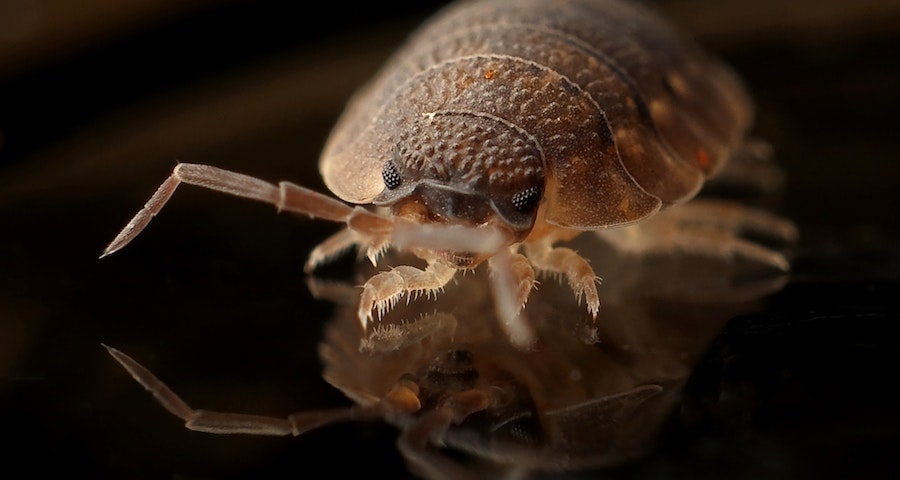
Gardening is no doubt an incredibly satisfying hobby. It can help you connect with nature, reduce stress, and provide you with fresh produce. But just like any other hobby, gardening isn’t without its own challenges. One of the most significant challenges that gardeners face is pests and outside elements, which can wreak havoc on your plants and ruin all your hard work. But fear not! In this article, we’ll share six ways to protect your garden from pests and outside elements so that you can enjoy a thriving, beautiful garden all year round.
Contents
Put Up A Fence
Putting up a fence around your garden can help deter rabbits, deer, and other wildlife from entering your garden and eating your plants. Choose a fence that is at least six feet tall and buried at least a foot deep into the ground. Make sure the gate is secure, and there are no holes or gaps around the perimeter. You can even use chicken wire or other mesh screens to further protect your garden.
Use Companion Planting
Companion planting is a practice where you plant two or more plants that can benefit each other. For example, planting marigolds around your vegetable garden can help repel pests like aphids, while planting garlic or onions near your roses can help deter aphids and other plant-eating pests.
Use A Cover Crop
Cover crops can help protect your garden from outside elements like wind, sun, and rain. They can help retain moisture in the soil, keep weeds at bay, and improve soil fertility. Some good options for cover crops include clover, rye, and oats. Before planting your cover crop, make sure to prepare your soil properly and choose the right cover crop for your gardening area and soil type.
Use Organic Pest Control
Organic pest control methods are a great way to keep pests at bay without harming your garden or the environment. Some effective organic pest control methods include using neem oil, diatomaceous earth, and essential oils like peppermint and eucalyptus. You can also handpick pests like caterpillars and beetles or attract beneficial insects like ladybugs and lacewings.
Practice Good Hygiene
Practicing good hygiene in your garden is essential to prevent the spread of disease and pests. Make sure to clean your gardening tools regularly, remove any dead or diseased plant material, and rotate your crops to prevent soil-borne diseases. You should also wash your hands before and after gardening, especially if you’ve been handling soil.
Use Mulch
Mulching is an excellent way to protect your garden from outside elements like wind, sun, and rain. Mulch can help retain moisture in the soil, prevent erosion, and regulate soil temperature. Some good options for mulch include straw, leaves, and bark chips. Make sure to apply mulch generously, but not too close to the stems of your plants, as this can lead to rot.
Conclusion
A beautiful, thriving garden can bring joy and satisfaction to any gardener, but it requires care and attention to survive. By following these six tips, you can protect your garden from pests and outside elements and enjoy a bountiful harvest for years to come. Remember to invest in good hygiene practices, organic pest control methods, and companion planting. Put up a fence, use a cover crop, and use mulch to protect your garden from rabbits, deer, and other wildlife, as well as from wind, sun, and rain. Your garden will thank you for it!
